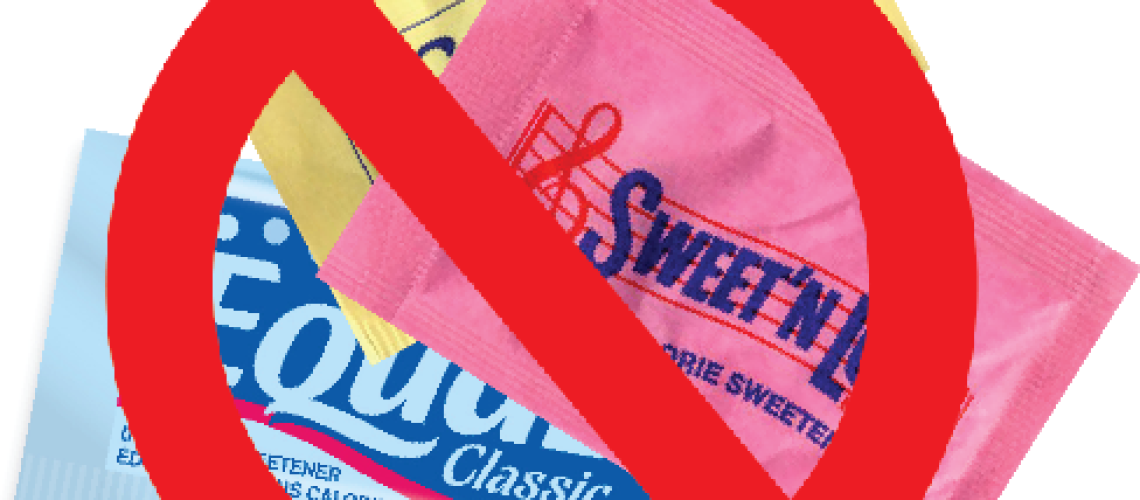|

|
The hearts of many have already been exposed to deep systemic inner peace, and it is possible that people everywhere could come down with it
First of all, don’t panic. Staying calm and keeping stress down is one of the most important factors for protecting your immune system. Many of
You are our community, please suggest a topic or ask a question for future Live Q&A with Dr. Daniel I would like to: Suggest a
Information on this web site is provided for informational purposes only. The information is a result of years of practice experience by the author. This information is not intended as a substitute for the advice provided by your physician or other healthcare professional or any information contained on or in any product label or packaging. Do not use the information on this web site for diagnosing or treating a health problem or disease, or prescribing medication or other treatment. Always speak with your physician or other healthcare professional before taking any medication or nutritional, herbal or homeopathic supplement, or using any treatment for a health problem. If you have or suspect that you have a medical problem, contact your health care provider promptly. Do not disregard professional medical advice or delay in seeking professional advice because of something you have read on this web site. Information provided on this web site and the use of any products or services purchased from our web site by you DOES NOT create a doctor-patient relationship between you and any of the physicians affiliated with our web site. Information and statements regarding dietary supplements have not been evaluated by the Food and Drug Administration and are not intended to diagnose, treat, cure, or prevent any disease.
Copyright © Functional Medicine San Francisco LLC 2020 | Designed by WingMan WP